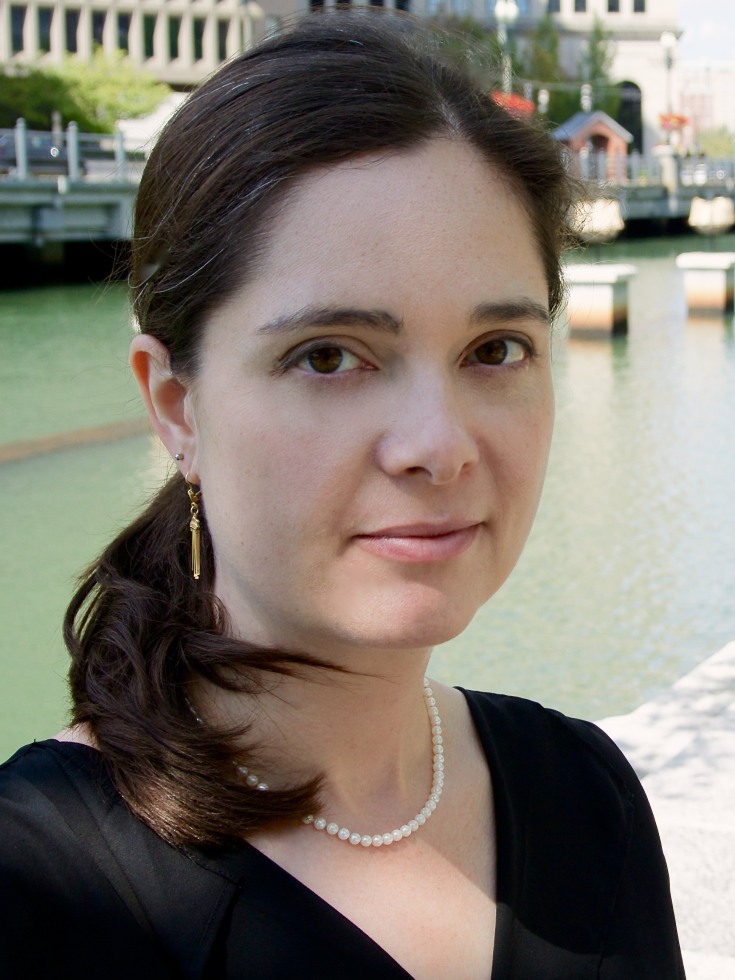WITH THE ASSISTANCE of the University’s COVID-19 Research Seed Fund, some research groups have focused their microscopes on the viral particles behind the infection, while others have built technology to approach the pandemic’s challenges from various angles. Another set of University projects is gathering data—from nursing home employees and patients’ health records—to assess COVID-19’s macroscopic effects on the state and national population.
Their ultimate goal? To translate these findings into better medical policy and practice.
Addressing Nursing Home Outbreaks
Since the onset of the COVID-19 pandemic, a significant portion of COVID-19 cases have originated in nursing homes—compact environments where the virus can spread quickly, and often fatally. Many homes have struggled to contain outbreaks.
As of early July, “about 10,000 out of 15,000 nursing homes across the country (were) experiencing outbreaks,” said Elizabeth White, a geriatric nurse practitioner and an investigator at the Center for Gerontology and Healthcare Research in the School of Public Health. Almost half of all COVID-19-related deaths have been in nursing homes and other long-term care facilities, White said. These cases have taken their toll on the staff as well as the residents, yet the news has tended to put nursing homes in a negative light.
To shine a spotlight on previously unheard perspectives, a University research team funded by the Seed awards has invited frontline workers from nursing homes and long-term care centers to share their experiences in a survey administered via social media. They hope the stories they gather will inform new policies by highlighting which efforts have been most effective.
“We wanted to capture the voices of frontline workers … to understand both the best practices, if any, that we might be able to spread rapidly, (and) also to characterize their experiences and begin to understand the intervention needs that are going to arise,” said Rosa Baier MPH’04, director of the Center for Long-Term Care Quality and Innovation. Baier is the principal investigator of the research group, leading the study alongside White. Professor of Health Services, Policy and Practice Terrie Fox Wetle is the project’s co-investigator.
The Center for Long-Term Care Quality and Innovation is part of a partnership “with nursing homes and other post-acute and long-term care providers to establish the evidence base for promising interventions,” Baier said.
The researchers have been compiling data from the survey and are releasing key findings in the form of issue briefs. Concerns raised thus far have included the shortage of personal protective equipment, risks of contracting COVID-19 at work and “how the situation affects their day-to- day lives,” White said.
